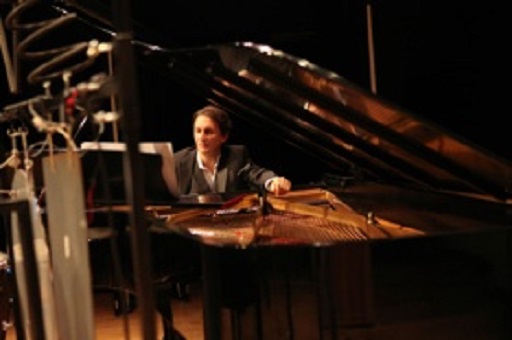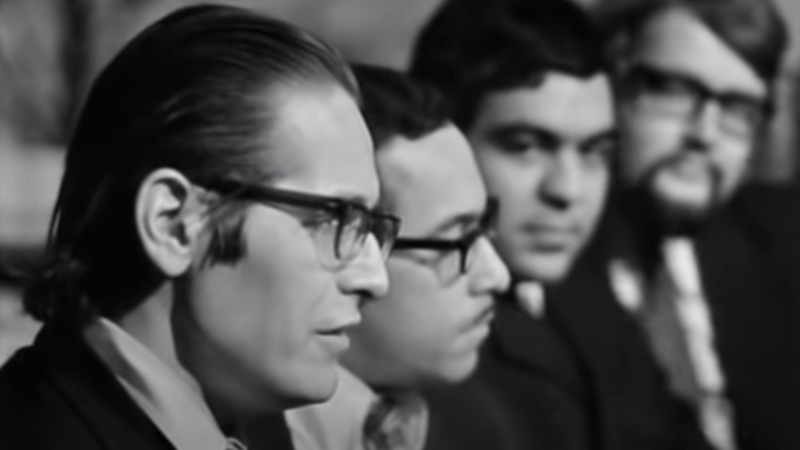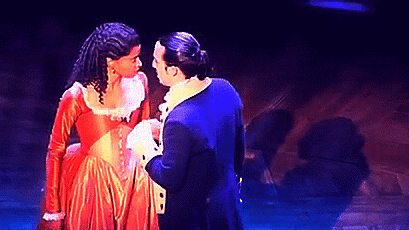Flow

I seem to be on a music kick lately, for no particular reason, except that it suits this website super well.
Richard Carrick, who teaches musical composition at NYU and Columbia, has written “The Flow Cycle For Strings,” an hour long piece performed by his “Either/Or” ensemble. According to his website, it “is influenced by Islamic Mosaics, Gnawa music of Morocco, Albert Camus’ L’Étranger, and the Flow concept of Mihaly Csíkszentmihályi.”
Csíkszentmihályi — you can be sure I copied and pasted that name — wrote a popular book called “Flow: The Psychology of Optimal Experience” in 1990 (and several followups since). It’s basically a secularized version of Daoism, if you ask me. We’ll talk about Flow another day, but basically Mihaly defines it as complete immersion in an activity, with loss of all self-consciousness and a merging of action and awareness.
(Csíkszentmihályi’s classic is not to be confused with Elissa Stein and Susan Kim’s book “Flow,” but I think the difference would be apparent pretty quickly.)
Carrick has an interesting article in The New York Times today describing flow and how he applied it to this project.
What’s it sound like, you ask? Well I am completely unschooled in music, so these are just gut level impressions of an ignorant (but avid) rock fan.
On the NYT website there’s a 2’50” excerpt of the final piece of the Flow Cycle, “a cause du soleil.” To my ear it sounds like Central European folk melodies with a “dissonant modern composition” filter applied. Quiet start, sudden startling discord, then a fast section like Camper Van Beethoven on bad drugs. (Not the first time that has happened.)
Carrick has two other excerpts on YouTube. Esther Noh plays a 5 minute excerpt of the piece “in flow” which alternates long spare, sinuous bent notes with fast, show-offy clanky sections. There seems to be a clear influence from the Father of Lie’s fiddle solo in “The Devil Went Down To Georgia” by the Charlie Daniels band, but I could be wrong about that. And John Pickford Richards plays four minutes of “Shadow Flow,” in which the Devil keeps playing fiddle but more slowly and — ironically — with less focus.
Carrick is a highly respected composer with connections to impeccable institutions (various Ivies, the New York Philharmonic), so don’t let my unschooled opinions dissuade you from checking this out. Or at least, read his article which is fascinating.





